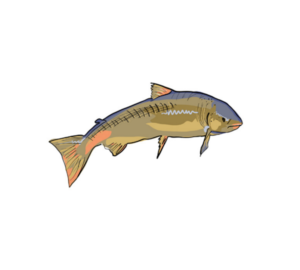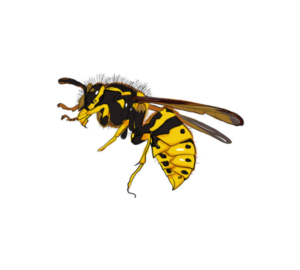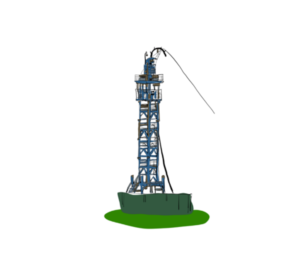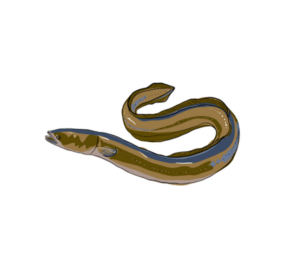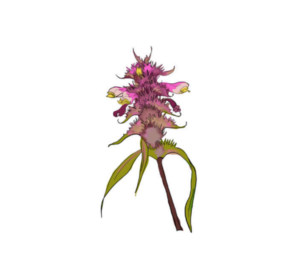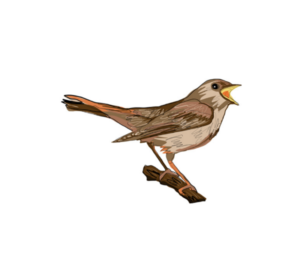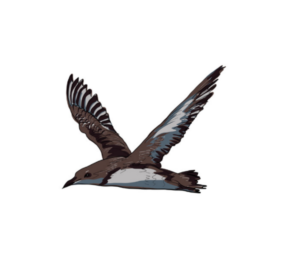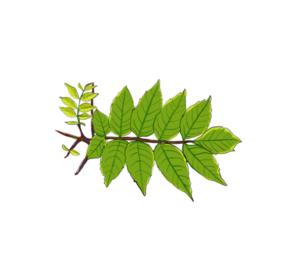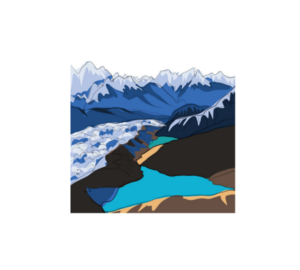- Posted on October 5th, 2022
Endangered Culture prompts
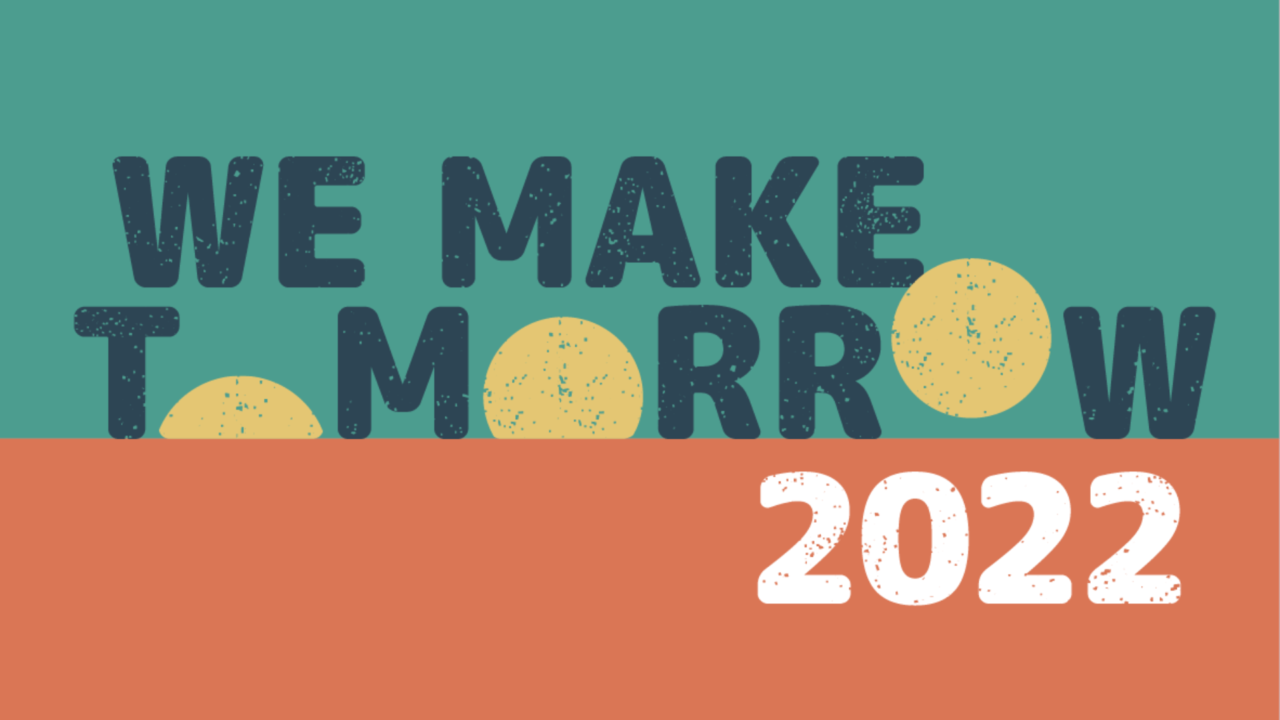
Theatre director and dramaturg Anthony Simpson-Pike invites you to become an active participant in today’s event by using your imagination to embody elements of culture at risk. Each person here today has been delegated responsibility for a special animal, plant, piece of land, or language, and has been tasked with keeping it in mind throughout the day’s discussions through the following ritual or practice.
At key points during the day a series of prompts will guide you in exploring your endangered being’s existence. You are welcome to do this individually, or to connect with others and do it together. At the end of the day we will gather to share and offer our commitments to a brighter tomorrow that is in the making.
If you are taking part in this activity remotely at We Make Tomorrow 2022, please:
1) Scroll down below to download one of the 9 cards at random by clicking on the image.
2) Read the corresponding prompts at each allocated break in the day and share your thoughts via the online platform or Slido.
Please note if joining us in person, you will be given a card on arrival to participate in this activity.
3 prompts on endangered culture:
- How would you use this practice in your community if it really existed?
- Consider how the crisis is affecting the animal, plant or land you are taking care of?
- What would a future that nourished and protected your plant, animal or land look like? Imagine three ways your tomorrow would be different from today’s reality.
Read this section and consider this question before 11:50
Imagine you are in a parallel universe where everyone is given responsibility to take care of a special part of it – animal, plant, land or language. You will have been allocated a card that will remind you of yours. Your task is to consider how everything you’re hearing or doing today relates to your specific responsibility. Over the course of the day, keep your card in mind and follow the prompts.
1. In your universe, there exists a practice people use to explore ideas, alone or in collaboration. They create moments, objects, music, and pictures that communicate something about being alive. Other community members are invited to engage with this practice and, in fact, it’s only when others come together to communally experience it that it takes on its full power. People gather to invest in the practice and, crucially, they do something they wouldn’t usually: they accept things can happen that would be impossible in ‘real life’. For a moment, they choose to believe in the impossible. The practice can move the viewer, inspire them to action or just provide a moment of calm. At its most powerful it can even change a community. They call it storytelling in this universe, and you are also engaged in this practice helping it to happen or performing it yourself.
Q. How would you use this practice in your community if it really existed?
Read this section and consider this question in the morning break at 11:20
2. One day, your community finds out devastating news. A crisis threatens the special part of the world you are taking care of and everything else. Billions of plants, animals, languages begin to disappear. And the cause is the single story of the way things should be: more is better. There are no competing narratives. However, you have begun to suspect the single story is dangerous. The more we have, the less space there is for the things you protect. The story says you don’t need to protect anything when a new one is right around the corner. And how can one person change such a powerful story?
Q. Consider how the crisis is affecting the animal, plant, land or language you are taking care of?
Read this section and answer this question in the afternoon break at 15:55
3. The skies turn red. Those who have been studying the burning skies say we only have a few years left to come up with a different story of living. If we don’t, the world won’t recover. And those who will suffer first are the ones who have done the least to cause this, who had less not more. In fact, they are already suffering. While we’ve been telling the single story, for many the skies went red long ago.
The crisis is also a crisis of the imagination. We need a new story but people are finding it hard to imagine living in other ways. It’s not their fault, the single story is designed for that. Some don’t want new stories to be told. They want people to believe the world has always been this way and all storytellers can do is describe it as it is. But stories express the limits of our imagination, and if you tell a different one you can expand what is possible.
That question again, what can one person do to change a whole story? To imagine a whole new way of living? Well, who better equipped to do that than a storyteller like you? You think of your tools and remember the practice: people gather to invest in a new story and agree to believe something they might not have before, that anything is possible. Not only can the practice change people’s ways of seeing but if enough people work together, it could change our story of being too. A collective act of imagination for a new tomorrow.

